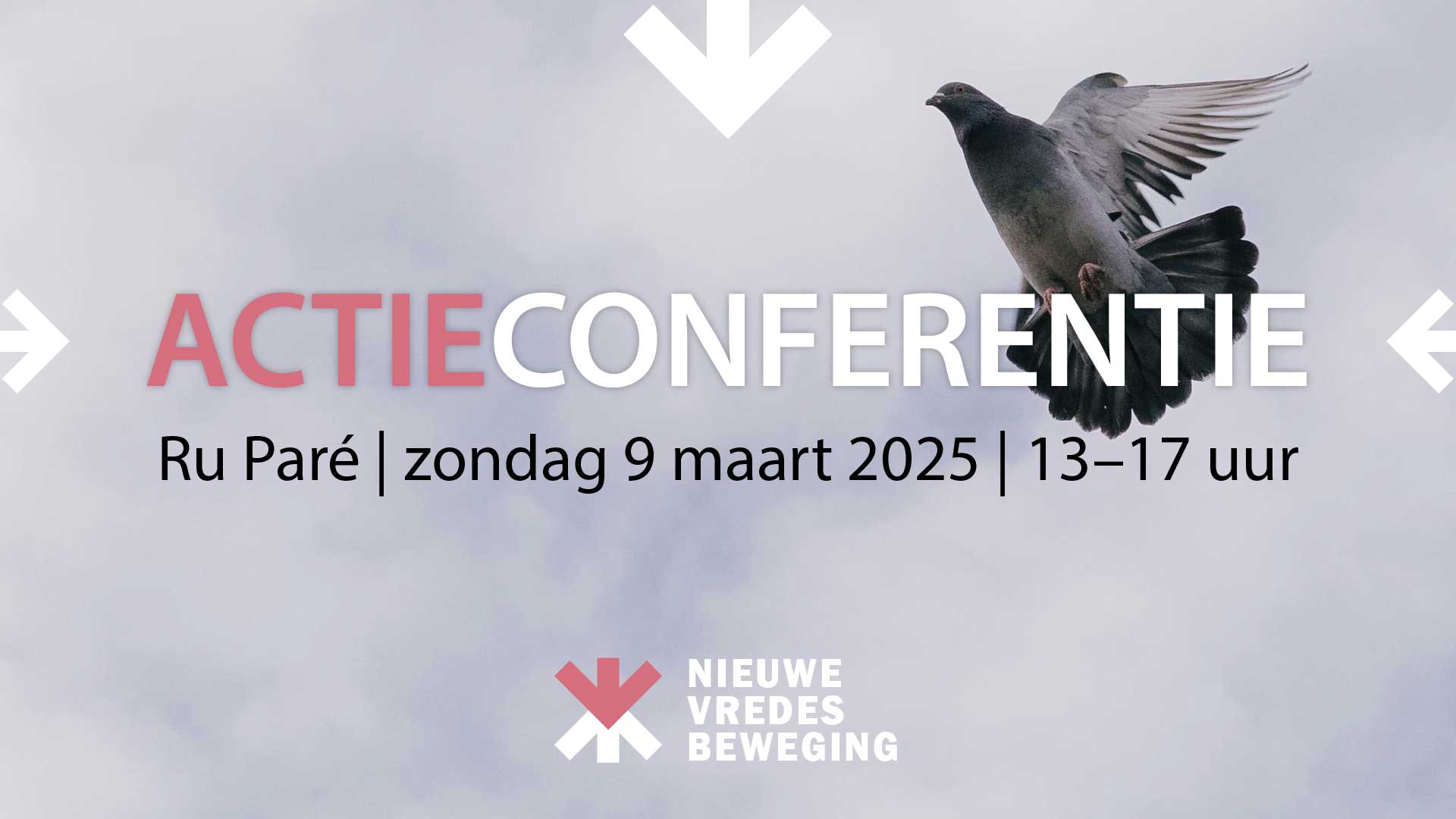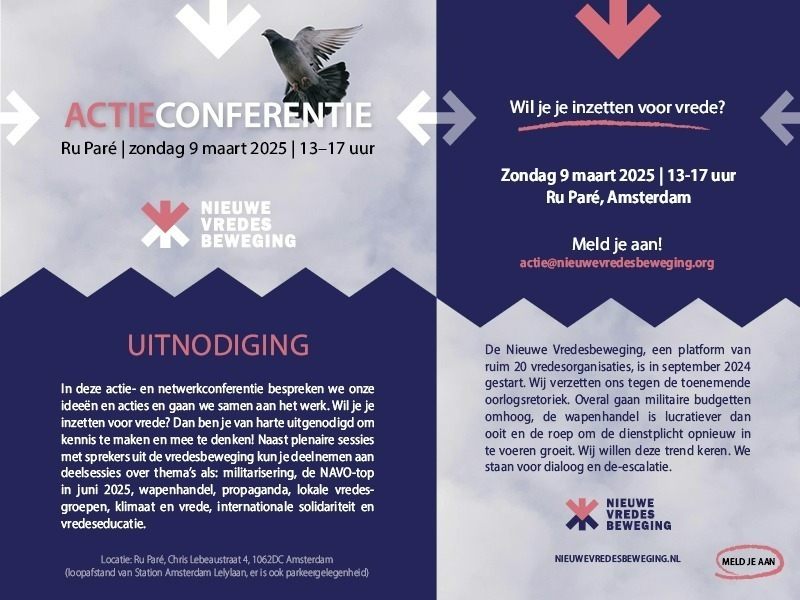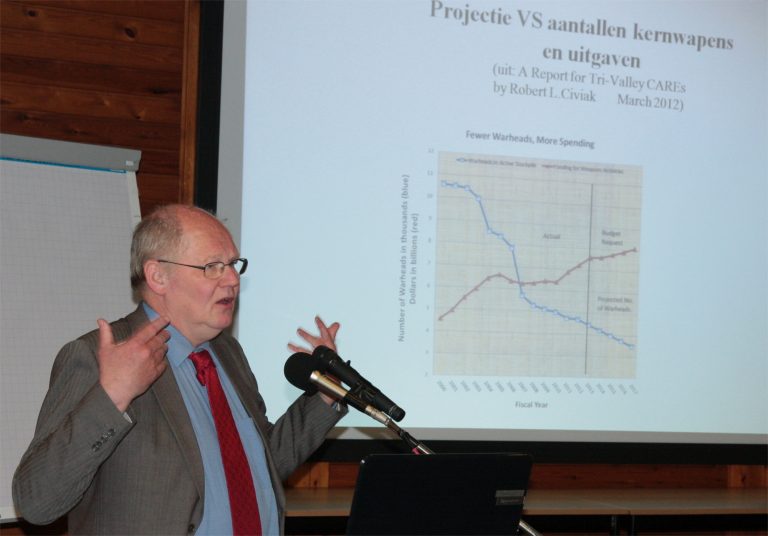
 VD AMOK is een algemeen nut beogende instelling (ANBI), giften zijn aftrekbaar van de belastingen... lees meer
VD AMOK is een algemeen nut beogende instelling (ANBI), giften zijn aftrekbaar van de belastingen... lees meer
Onze blog, facebook en twitter
Berichten van VD AMOK vind je op het militaire blog Troepenbewegingen van Kees Kalkman over onder meer militaire interventies en bases wereldwijd. Ook op twitter @keesamok en facebook Kees Kalkman en VD AMOK kun je berichten van ons vinden..
Actieconferentie Nieuwe Vredesbeweging

In deze actie- en netwerkconferentie bespreken we onze ideeën en acties. Wil je je inzetten voor vrede? Dan ben je van harte uitgenodigd om kennis te maken te maken en mee te denken! Naast plenaire sessies met sprekers uit de vredesbeweging kun je deelnemen aan thema's als: militarisering, de NAVO-top in juni 2025, wapenhandel, propaganda, lokale vredesgroepen, klimaat en vrede, internationale solidariteit en vredeseducatie.
ZONDAG 9 MAART 2025 | 13-17 uur
Ru Paré, Chris Lebeaustraat 4, Amsterdam
Aanmelden via De Nieuwe Vredesbeweging.

Archief Karel Koster
Het omvangrijke archief en de bibliotheek van Karel Koster zijn gerubriceerd en toegankelijk gemaakt. Er is een website karelkoster.org. Het archief en de bibliotheek zijn aanwezig bij VD AMOK, Lauwerecht 55, 3515 GN Utrecht. Een afspraak voor inzage kan worden gemaakt via 06-14127779 of via info@karelkoster.org.
Naar boven

